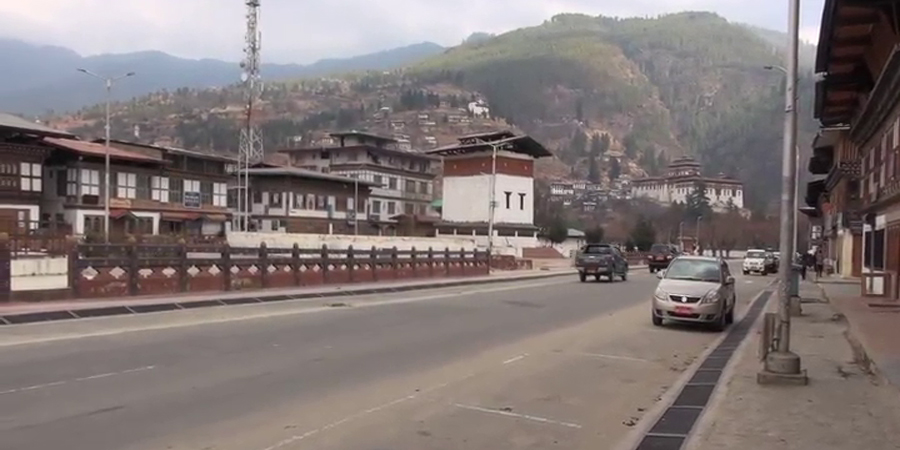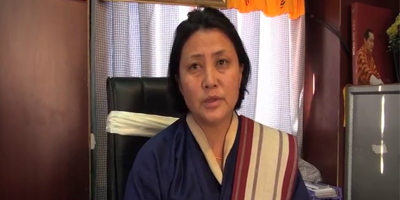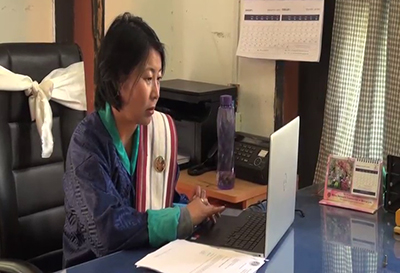
Bhutanese women are gradually winning the trust and confidence of the people to assume leadership roles. This is evident from the third Local Government election which saw 185 women getting elected. And 16 of them are from Paro. The number of women local leaders in Paro increased by seven per cent compared to the previous Local Government election.
Sangay Lhamo is the new Shaba Gup in Paro. The 45-year-old mother of three says she couldn’t have asked for more from the third Local Government election. She contested for the post during the last Local Government elections as well.
Her passion to serve her community by assuming a post in the Local Government grew by the year after she served as a Tshogpa in 2011. Of the many plans she has in mind, Sangay first wants to implement those that are simple but significant. Her first plan is to make the Gewog office more women-friendly.
 “I am planning to execute my roles from small things and it is to keep sanitary pads free and available in the gewog office for visitors. We never know when we will have our periods and it is mostly women who attend meetings in gewog offices. Therefore, it will be convenient if we have clean toilets and sanitary pads available for all,” said Sangay Lhamo, Shaba Gup.
“I am planning to execute my roles from small things and it is to keep sanitary pads free and available in the gewog office for visitors. We never know when we will have our periods and it is mostly women who attend meetings in gewog offices. Therefore, it will be convenient if we have clean toilets and sanitary pads available for all,” said Sangay Lhamo, Shaba Gup.
Similarly, Sherab Lhamo is representing the people of Hungrel Gewog in Paro. She served as a Mangmi in the previous term. She said although it is not an easy task to run for a male-dominated post, it is not impossible.
 “Now people understand the importance of women’s participation in any decision-making or leadership roles. It is equally important for us to come out and take part in electoral processes. It is the motive and work results that matters the most there is full support despite gender differences,” said Sherab Lhamo, Hungrel Gup.
“Now people understand the importance of women’s participation in any decision-making or leadership roles. It is equally important for us to come out and take part in electoral processes. It is the motive and work results that matters the most there is full support despite gender differences,” said Sherab Lhamo, Hungrel Gup.
And the people in Paro Throm chose 29-year-old Deki Lhamo as their representative for the second time. The Thromde Thuemi plans to complete the spillover tasks from the previous term including relocating the fuel depot and automobile workshops from the core town to safer places.
“There is nothing women cannot do what men can, so it is good to have women’s participation and win different positions. Generally, women are a bit mindful of corrupt practices, because women are considered not so bold. I believe that if we appoint women leaders, corruption will be also at bay,” said Deki Lhamo.
Except for the increasing number, choosing women leaders to represent them in the decision-making positions is nothing new for the people of Paro. The district elected women for similar leadership posts in the past as well.
Paro elected a female Chimi and a Member of Parliament in the 2018 Parliamentary Elections. And this could set the bar rather high for the current female local leaders when it comes to shouldering the responsibilities as expected of them by their voters.
Namgay Wangchuk, Paro










